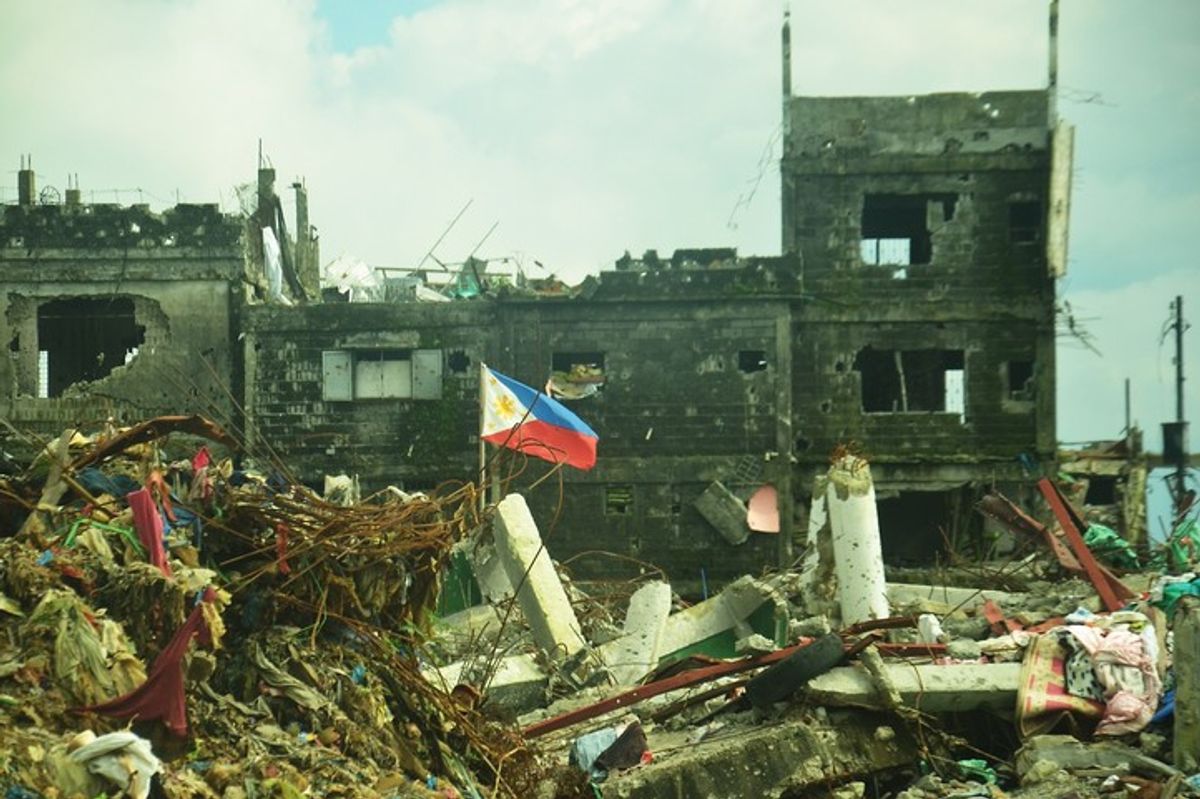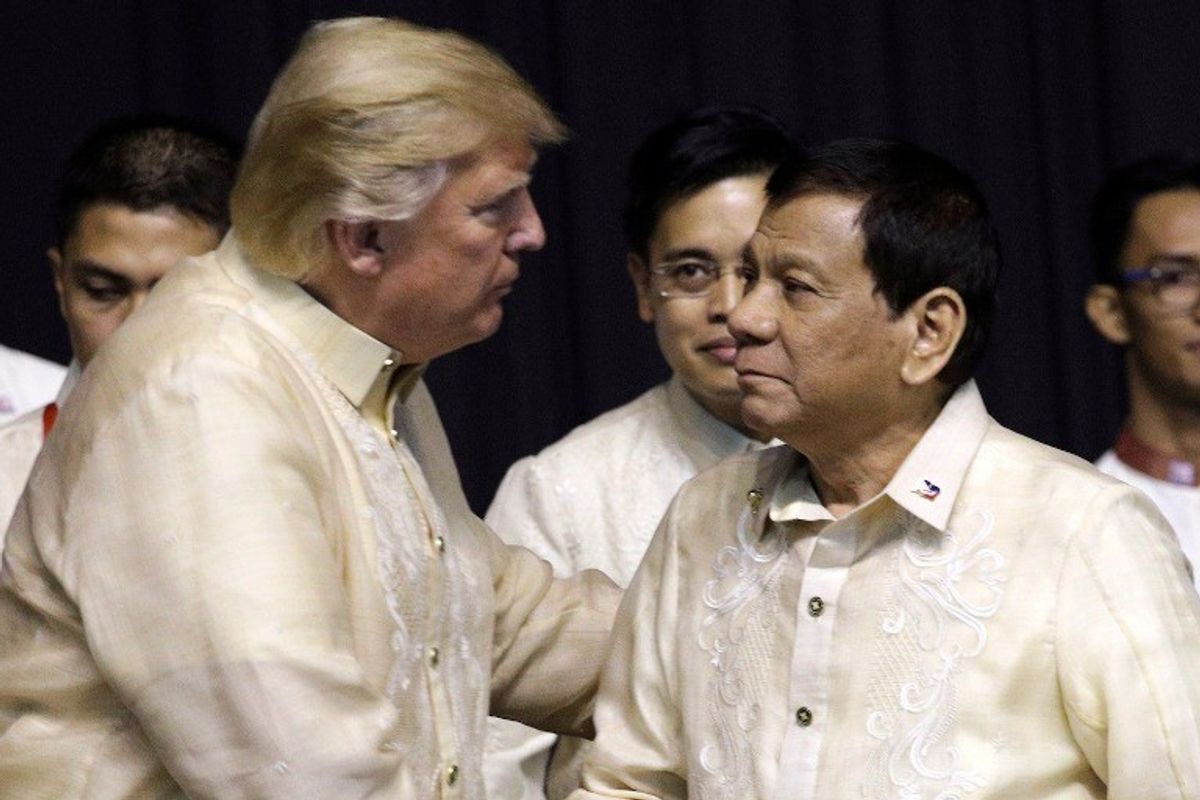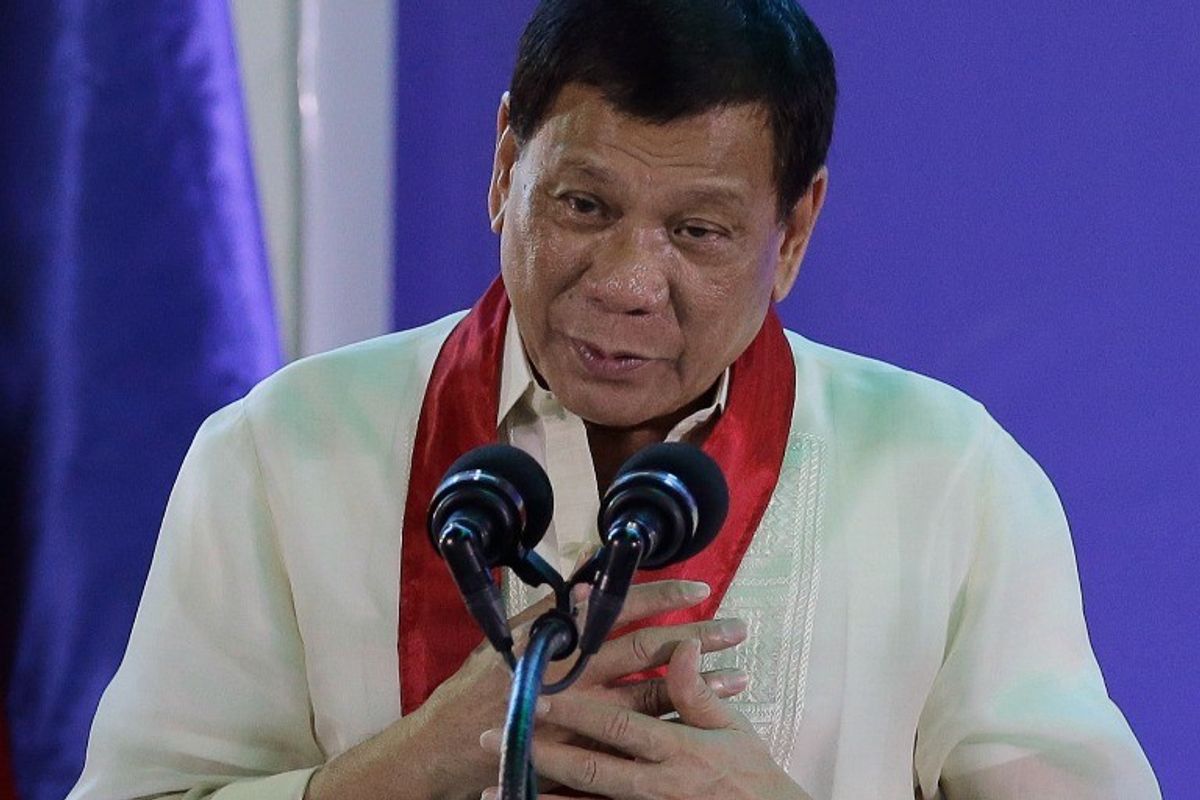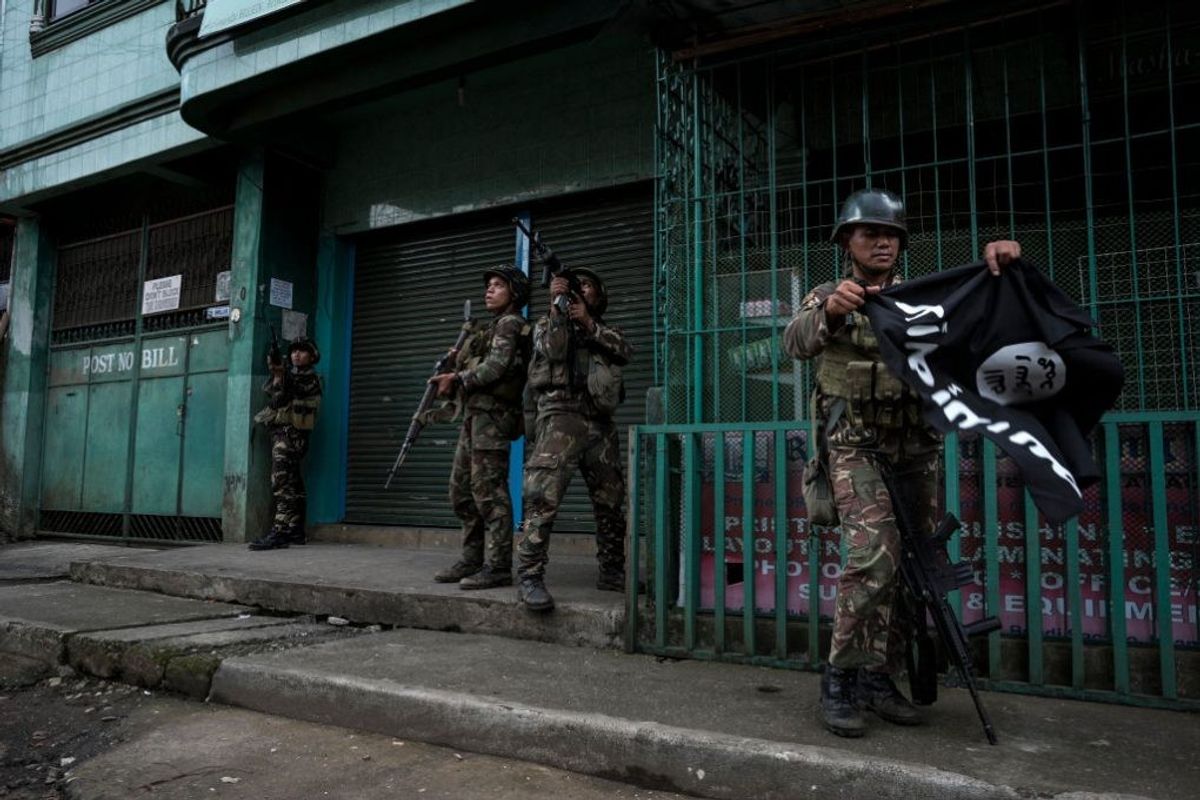On May 9, the Filipino nation chose “Tunay na Pagbabago” or radical change. Rodrigo Duterte, the pugnacious Mayor of Davao City, was elected as the incoming president, who will steer the course of the country’s defense and security, national governance, and foreign relations for the next six years.
His impending inauguration has brought a sense of cautious optimism across all sectors of the society, which has clamored for a swift end to endemic corruption, inefficiency in the bureaucracy, income inequality, and the proliferation of armed groups and other lawless elements. These factors have characterized the post-Philippine People’s Revolution (EDSA) regime and stymied the Philippines’ full realization of its potential.
Amid the rising expectations of the general Filipino public and growing curiosity of foreign audiences to the man often referred to as “The Punisher,” it is crucial to flesh out Duterte’s three overarching policy thrusts that translate his campaign promise of “Tunay na Pagbabago” into reality.
Reestablishing Law and Order
The centerpiece of Duterte’s campaign platform was suppressing the three so-called evils: crime, illegal drugs, and corruption, which he believes are undermining security across all sectors and hampering the growth of the domestic economy. He pledged to instill discipline with an iron fist for everyone to adhere to the rule of law and strengthen the country’s justice system.
To reestablish law and order, he plans to launch a focused, time-bound campaign against criminals, drug lords, and corrupt government officials through the joint efforts of the Philippine National Police (PNP) and the Armed Forces of the Philippines (AFP). This will occur in tandem with the elevation of city-level ordinances from Davao, such as a curfew on unescorted minors past 10 p.m. and a ban on the sale of liquor and drinking in public spaces after 1:00 am, to the national level.
He desires to bring an end to the decades-long Communist and Moro insurgencies.
A group of his peace negotiators met with representatives of the National Democratic Front in mid June. News reports indicate that a ceasefire agreement could be put in place even prior to the first State of the Nation address on July 25. Duterte offered to elevate members of leftist groups to four line departments.
The Moro groups have seen similar attention: Duterte had a joint meeting with the leadership of both the Moro National Liberation Front and the Moro Islamic Liberation Front on June 18. Both groups reportedly support the move toward federalism. At present, there is some uncertainty over the implementation of the Bangsamoro Basic Law (provides a political identity and governance to the Bangsamoro people) as a stand-alone measure or as part of a push toward a federal system in the country—another campaign priority for Duterte. Either case could be expected to provide a greater share of autonomy to the proposed region.
Making Socio-economic Growth and Development Inclusive
Duterte has expressed his desire to build on the stellar accomplishments of the administration of outgoing president Benigno Aquino III, particularly the latter’s good governance initiatives and critical structural reforms that transformed the Philippines from being “the sick man of Asia” into “Asia’s rising tiger.”
However, he intends to depart from Aquino’s legacy of instituting slow but steady macroeconomic reform by advancing his 8-point economic agenda, which seeks to upgrade, accelerate, as well as expand the government’s basic services that shall render the country’s macroeconomic environment more conducive for businesses to flourish, influx of investments and conduct of seamless trade within the country and the greater ASEAN region. Some potential megaprojects include: three major railway systems, namely the Mindanao railway, Manila-Bicol railway, and Manila-Batangas railway; Zamboanga Economic zone, Southern Mindanao Growth Corridor (General Santos growth corridor and Davao Gulf Industrial corridor); and the South Mindanao-North Sulawesi ro-ro link, among others.
Duterte intends to overcome the alleged structural dissonance between macroeconomic reform, which has been the hallmark of Aquino’s “Straight Path” program, and concrete improvement of living conditions for the common Filipino masses. In doing so, he has talked about pursuing the following: an increase in employment; abolition of labor contractualization; an improved standard of living; agricultural modernization; and entrepreneurial, technological, and industrial advancement. He would do so with just taxation and equitable distribution of wealth while caring for the environment with sustainable development.
He also plans to carry out: improvement of government provision of social services, which include education, health, housing, mass transportation with special attention to the elderly, women, children, youth, indigenous peoples, and other marginalized sectors; provision of assistance to Overseas Filipino Workers (OFWs) and their families; and adaptation to climate change through reducing risk, preparing for natural disasters, and adopting 911 nationwide.
Restructuring the Form of Government
Lastly, Duterte wants to overhaul the unitary-presidential system and shift to a federal-parliamentary system through a Constitutional Convention. He desires a plebiscite and to prepare the future federal states to effect power-sharing, resources-sharing, respect-for-all and development-for-all as key to reforming the whole bureaucracy to effect good governance. Reforms under the new system are said to include: increasing the salaries of government workers; fighting graft and corruption; and unleashing the full potentials of all regions and ethnic groups for social, economic, and cultural growth. Furthermore, a constitutional amendment would lift restrictive economic provisions in the Constitution and grant more foreign ownership of property and certain industries.
The Uncertain but Promising Road Ahead
While Duterte’s policy proposals are intended to improve internal security and catalyze inclusive growth in the country, one can’t deny that his vision will, in reality, draw opposition along multiple fronts. He plans to wage a bloody war against the “undesirables” such as criminals, drug syndicates, and corrupt officials who for decades have thrived in the dark underbelly of modern Philippine society. And he looks set to wage his own revolution against what he sees as a dysfunctional political and economic system that has created and perpetuated obstructions to the Philippines’ path to industrialization.
It is imperative for the Filipino citizenry to maintain a collective critical mindset and attitude on what his mantra truly means and how it is carried out. We must provide full-fledged support to the security and development policies and strategies that will help build strong institutions and will genuinely democratize political power and economic opportunities as well as promote the overall well-being of Filipinos. At the same time, we ought to remain vigilant against any tendencies to build a new religion around his quasi-messianic, strongman persona, or any act that will trample upon human rights of innocent individuals, or any attempt to usurp our country’s democratic systems and processes.
It is in everybody’s interest to see the phenomenal rise of Duterte in the annals of history as the moment we, as the Filipino nation, freely chose a humble provincial Visayan from the distant island of Mindanao to instill upon us a renewed sense of national pride and lead us to reclaim, redefine and deepen democracy, on our own terms.
Prof. Victor Andres “Dindo” C. Manhit is the Founder and Managing Director of the Stratbase Group, Managing Director for BGA in the Philippines, and President of the policy think-tank, Albert del Rosario Institute for Strategic and International Studies or the ADRi.











